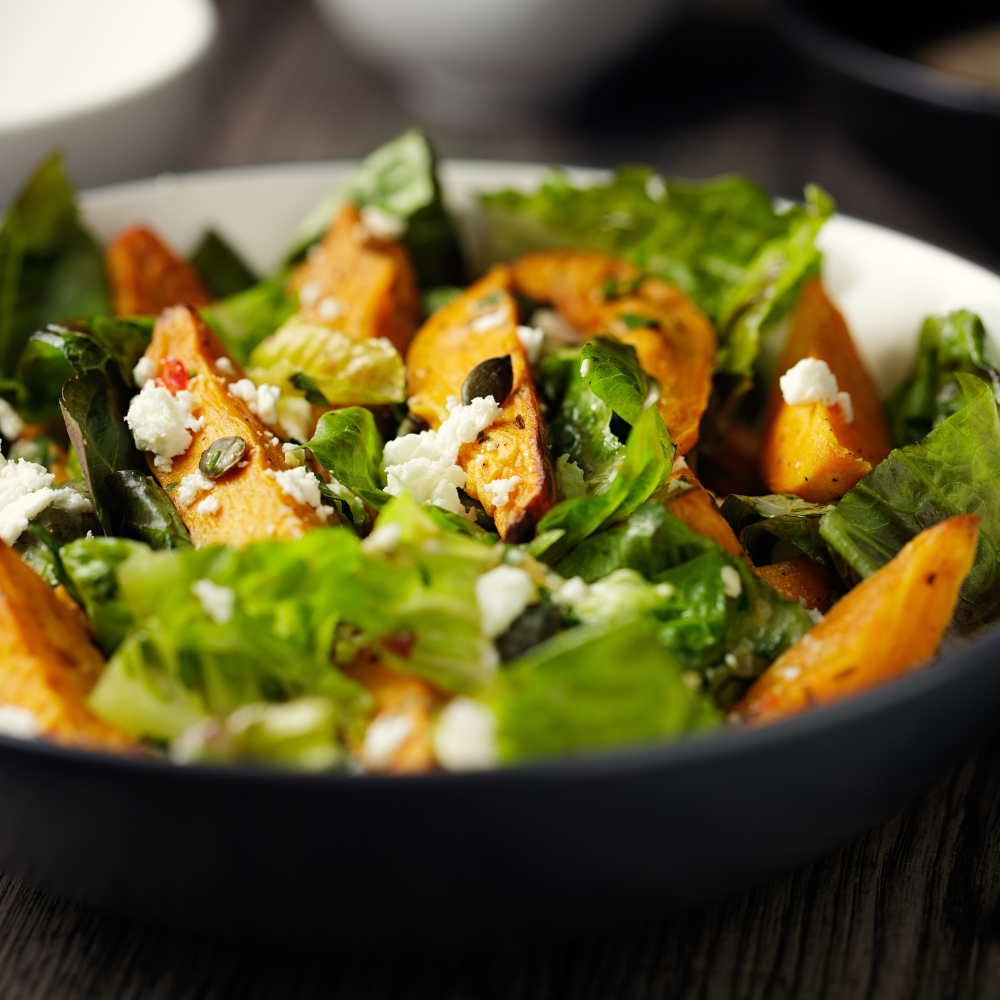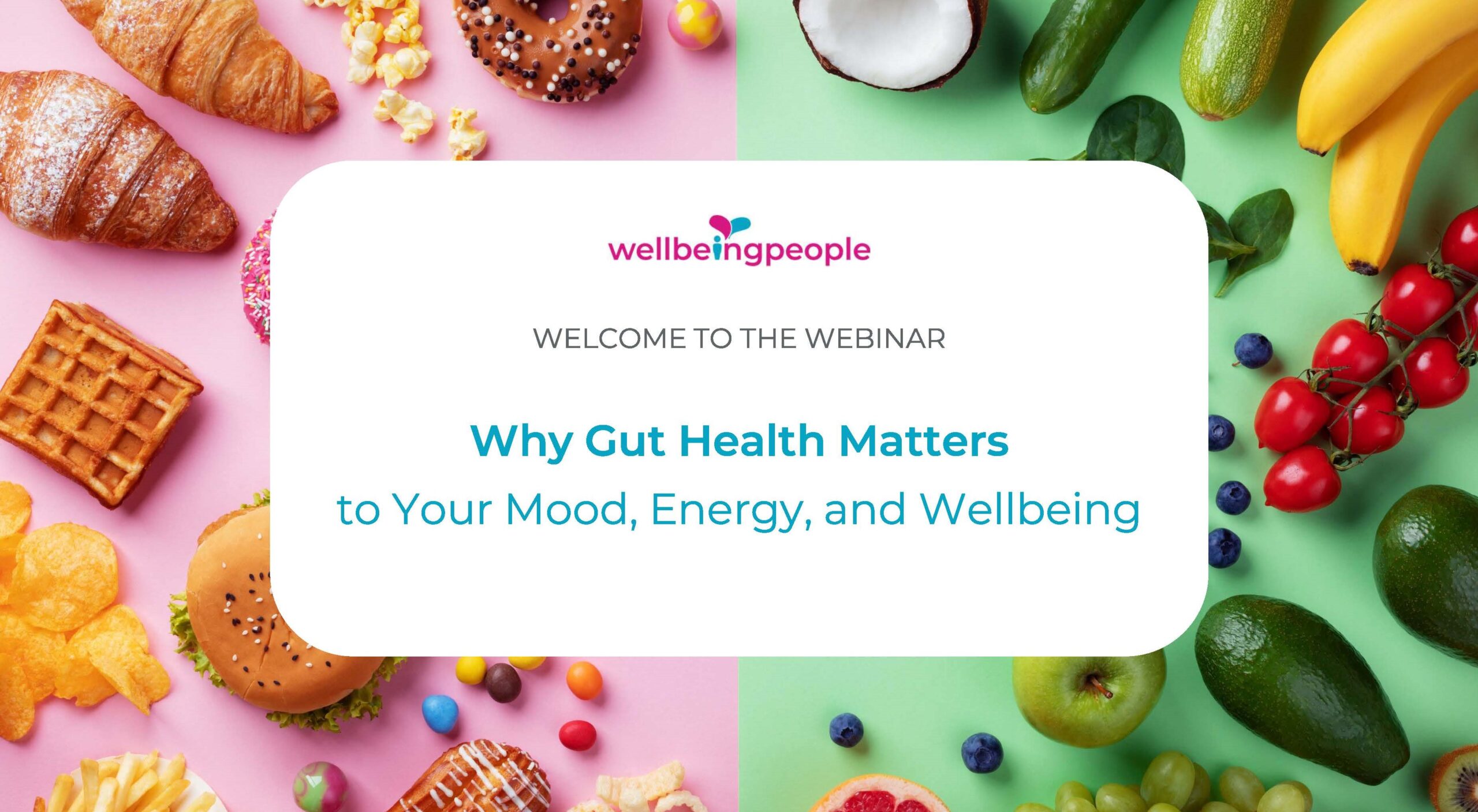Gut health plays a far greater role in our wellbeing than most people realise. Beyond digestion, your gut is a powerful hub that influences your immune system, mental clarity, energy levels, and even your mood. In our recent webinar, Wellbeing Coach, Carin Söderberg and Naturopathic Nutritional Therapist, Susie Willows, explored how nurturing your gut can lead to meaningful improvements in both physical and emotional health.
Watch the recording
Why gut health matters
When we think about improving our health, we often focus on diet, sleep or fitness, but gut health underpins all of these. Your gut is home to trillions of bacteria that help digest food, produce key vitamins, regulate inflammation, and even communicate with your brain via the gut-brain axis.
“There’s more and more research showing how deeply gut health impacts everything from energy to immunity,” Carin explained during the session.
When your gut is imbalanced due to stress, poor diet, or ultra-processed foods it can lead to bloating, fatigue, low mood, and even difficulty concentrating. But with the right care, your gut can become a powerhouse for overall wellbeing.
The Gut-Brain Connection
One of the most fascinating parts of gut health is how it connects to our mental and emotional state. The gut is often called the "second brain" because of its influence on mood, stress regulation, and cognitive function.
“There’s a direct link between your nervous system and your digestive system,” said Susie. “Stress impacts how we absorb nutrients and can even affect how we feel throughout the day.”
By supporting gut health, we also support our mood, mental clarity and resilience.

Foods That Support Gut Health
When it comes to fuelling your gut, simple, whole foods are best. Susie emphasised the importance of eating food that’s as close to its natural state as possible.
“The fewer ingredients, the better,” she advised. “A salad with leafy greens, tomatoes and chickpeas will do your gut far more good than a processed vegan sausage.”
Whole, fibre-rich foods feed beneficial gut bacteria, reduce inflammation, and help regulate digestion. Focus on fruits, vegetables, legumes, whole grains, nuts, seeds, and high-quality proteins.
What to Avoid
A major threat to gut health? Ultra-processed foods. These include packaged meals, processed meats, and even so-called 'healthy' snacks that are full of additives and artificial sweeteners.
“People thought sweeteners were a better option than sugar,” Susie noted, “but they’re now shown to harm the gut microbiome.”
Reading labels is key, if the ingredients list is long and unrecognisable, your gut likely won’t thank you for it.
Susie’s Top Tips
Throughout the webinar, Susie offered several powerful and practical tips for supporting gut health every day:
“Even something as simple as pausing before you eat can make a big difference,” Susie said. “It tells your body it’s safe to digest.”
Carin and Susie both emphasised that building better gut health is a gradual process, but it’s one of the most rewarding investments you can make.
If you have any questions after watching the recording please do not hesitate to contact us. We offer a wide range of workshops and webinars that cover a wide of topics including Nutrients vs Calories and Maintaining Energy and Managing Cravings.

